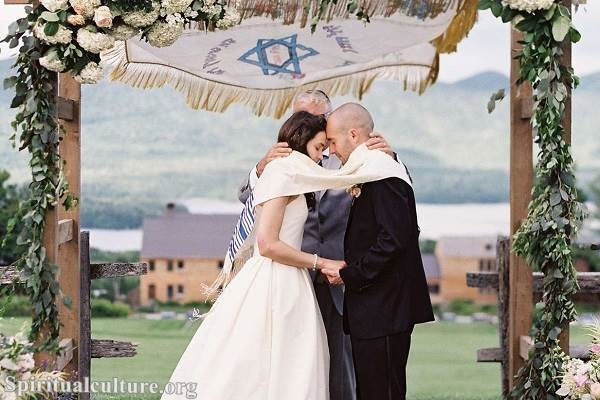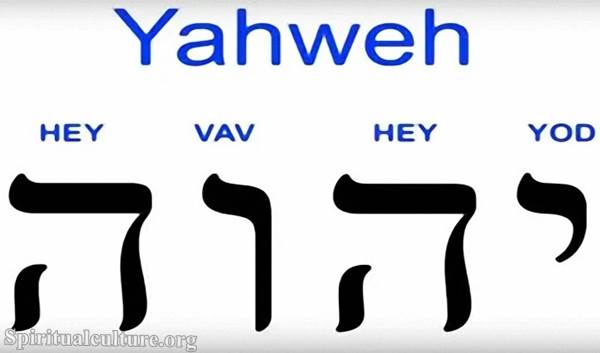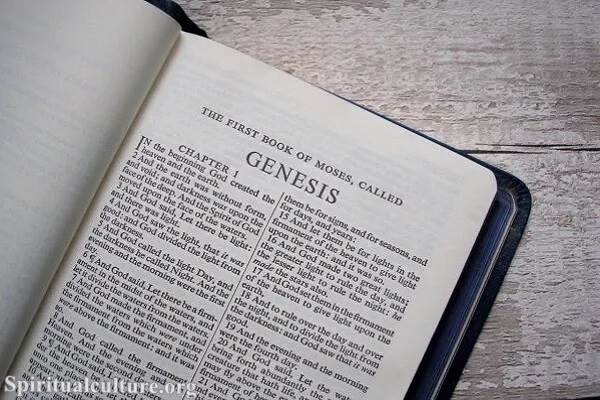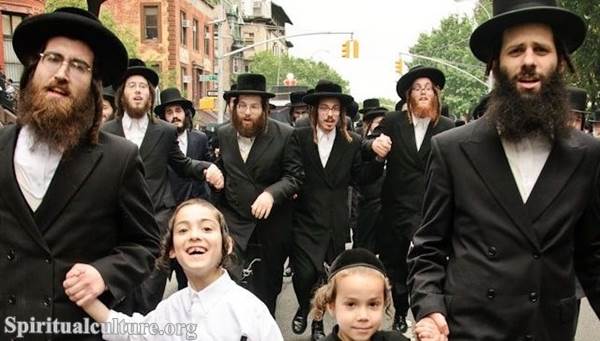The Jewish wedding is a beautifully orchestrated event that is rich in tradition, symbolism, and spirituality. It is a celebration that not only marks the union between two souls but also embodies the essence of Jewish culture, history, and faith. This article aims to delve into the intricacies of Jewish wedding traditions, Jewish wedding vows, and the meaning of the chuppah, giving you a glimpse into the world of Jewish matrimonial ceremonies.
Judaism and the Jewish Wedding
Judaism, one of the oldest religions in the world, has always placed a high emphasis on marriage. It is considered a sacred duty and a means to fulfill the divine commandment to “Be fruitful and multiply.” The Jewish wedding ceremony, or kiddushin, is seen as a spiritual process that bonds two people together in a physical and metaphysical way.

One of the most unique aspects of a Jewish wedding is the signing of the ketubah, a marriage contract of sorts that outlines the groom’s responsibilities towards his bride. This tradition, dating back to ancient times, establishes the legal and moral obligations of the groom and is seen as a safeguard for the bride’s financial and personal rights.
Jewish Wedding Traditions
Jewish wedding traditions are a beautiful blend of religious customs, cultural practices, and symbolic rituals. One of these is the bedeken, or veiling ceremony, where the groom covers the bride’s face with a veil. This tradition is a reminder of the Biblical story of Jacob, who was tricked into marrying the wrong sister because he did not see her face before the wedding.
Another significant tradition is the circling of the groom by the bride. The bride circles the groom seven times, symbolizing the seven days of creation and the idea that the bride and groom are creating their own new world together.
The Jewish wedding ceremony culminates in a joyous celebration known as the Sheva Brachot, or the seven blessings. These blessings, recited over a cup of wine, express hope for the couple’s happiness, companionship, and prosperity.
Jewish Wedding Vows
Unlike many other wedding ceremonies, Jewish wedding vows are not spoken by the couple. Instead, the groom makes a declaration to the bride, saying, “Behold, you are consecrated to me with this ring according to the law of Moses and Israel.” This declaration, made in the presence of witnesses, is considered as binding as a written contract in Jewish law.
The Chuppah
The chuppah, or wedding canopy, is one of the most recognizable symbols of a Jewish wedding. It is a cloth canopy held up by four poles under which the wedding ceremony takes place. The chuppah represents the home the couple will build together, open on all sides to signify hospitality and welcome.
The chuppah also serves as a sacred space, separating the couple from the rest of the world during the ceremony. As they stand under the chuppah, the bride and groom are thought to be in a direct relationship with God, who blesses their union.
In conclusion, a Jewish wedding is a profound and joyous occasion that is steeped in tradition and spirituality. From the signing of the ketubah to the blessings under the chuppah, each aspect of the ceremony is designed to honor the past, celebrate the present, and look forward to a future filled with love, happiness, and divine blessings. Jewish wedding traditions serve as a beautiful testament to the enduring power of love, faith, and commitment.



